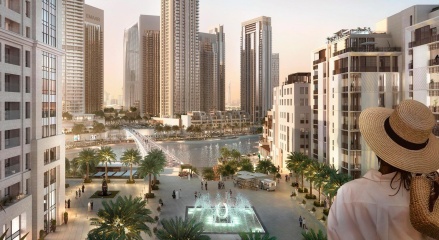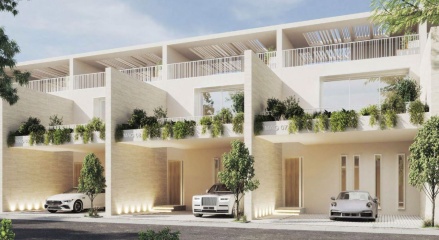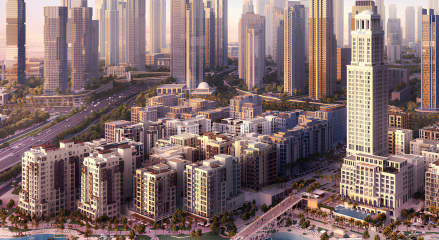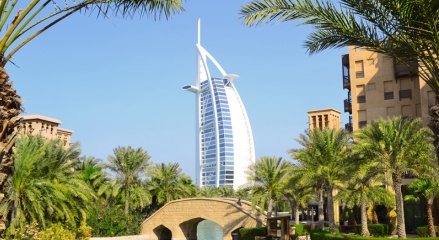Rising Rental Prices in Dubai: Buy or Rent?
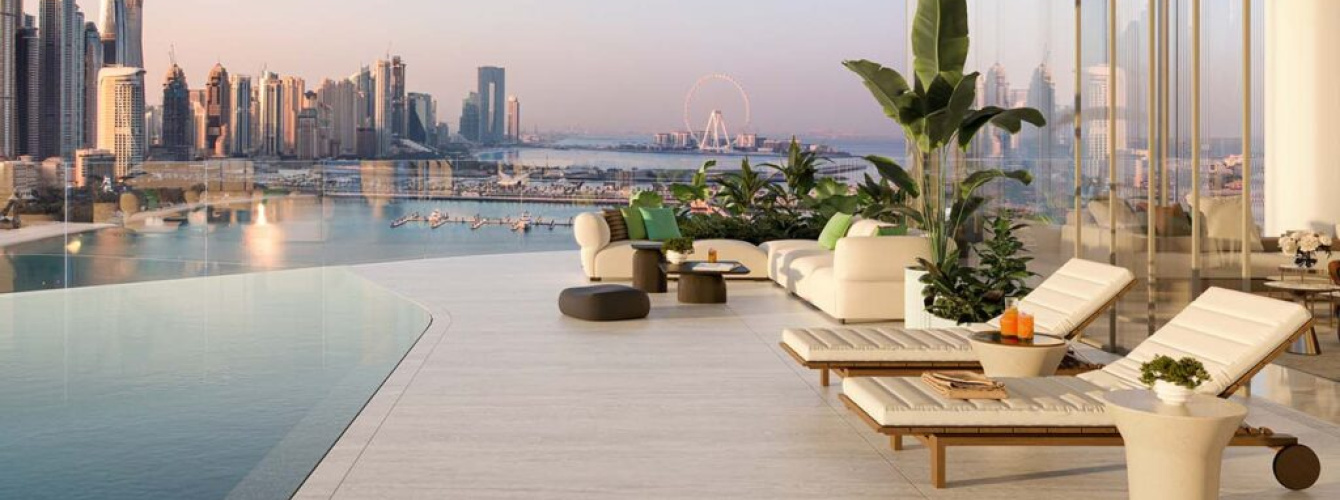
Rental prices in Dubai are rapidly increasing, causing tenants to fear eviction due to constant payment hikes. Consequently, more individuals are considering property ownership, according to Richard Wayne, Managing Director of a prominent real estate group in Dubai. But is this truly advantageous? Let's examine the current market situation and determine the best course of action.
Analysis of Dubai's Real Estate Market
According to the report for the first quarter of 2023, the availability of new residential units remains limited in both the sales and rental markets. This provides some relief for renters but drives up prices for buyers.
In the preface to the report, Wayne highlights that rising rental costs and the fear of eviction are the main motivators for residents wanting to become property owners. Following the end of the pandemic, Dubai's real estate market has experienced unprecedented growth, a trend that persists to this day.
Based on the latest official data published this month, property transactions in Dubai have significantly increased in the first quarter of 2023. There has been an 80% growth, reaching 157 billion dirhams (42.75 billion USD), compared to 87 billion dirhams (23.69 billion USD) during the same period last year. The number of transactions has also seen a notable increase of 49%, from 26,066 to 38,715. Sales volume has surged by 62%, reaching 89 billion dirhams (24.24 billion USD).
According to Wynd's company, the occupancy rate of properties in freehold areas remains stable, while leased spaces have reached a record-high occupancy level of 97%.
The statement emphasizes, "Rent is a direct reflection of supply and demand, and although the growth rate has slowed compared to last year, prices continue to rise annually by 16-20%."
Regarding specific areas, Al Khail Heights witnessed the highest rental price growth for apartments at 14%. Additionally, Jumeirah Golf Estate, Al Habtoor City, and Dubai Creek Harbour also demonstrated double-digit growth.
Renting Property in Dubai: Pros and Cons
Advantages of Renting
— Flexibility and freedom of movement
— No long-term financial commitments (mortgage or loan)
— No responsibility for maintenance and repairs
Disadvantages of Renting
— No investment return, all funds invested go to waste
— Constantly increasing rental prices
— Instability, tenants can be evicted at their discretion
Buying Property in Dubai: Pros and Cons
Advantages of Buying
— Lucrative investment: potential for value appreciation, profitable resale or rental income
— Stability and resilience, protection against market fluctuations
— Customized housing that meets your needs, requirements, and desires
— Can serve as a stable source of income
Disadvantages
— High initial costs
— Capital tied up, less financial flexibility
— Expenses for repairs and maintenance
Conclusions
In the current scenario of rising rental prices in Dubai, purchasing property is becoming an increasingly attractive option. Research and official data indicate that the availability of new residential units remains limited, leading to an increase in rental prices. Simultaneously, property transactions volume and selling prices in Dubai are noticeably growing.
By opting to purchase property, you are making a long-term investment in the future that becomes part of your capital. It also entails stability and protection against risks associated with tenant decisions.
Although buying property carries certain risks and financial expenses, overall, in the current circumstances, it presents a more advantageous solution compared to renting.

